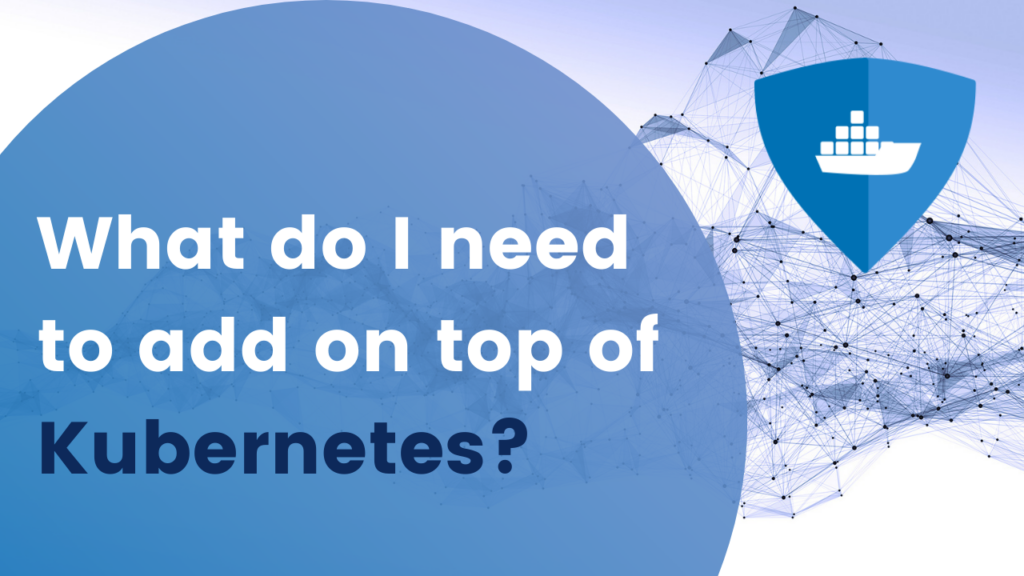Featured posts

This article is all about demystifying container platforms and showing what value they bring on several levels: business, organization, and tech. There is a summary at the end, but if you can’t wait: it’s all about realizing that platform operations, with the right tools, can be seen as a commodity, and is therefore possible to centralize internally or outsource. Both lead to significant increases in return of investment (ROI) and the reduction of operational expenses. If platform administration is also outsourced, it also leads to a substantially lower total cost of ownership (TCO).

Let us dive deeper into observability: What it is, the different types and what it technically means to implement observability.

Is Kubernetes sufficient by itself? This post highlights the features that a DevOps team typically needs to add on top of a vanilla Kubernetes cluster to obtain a secure, production-ready Kubernetes cluster.

At Elastisys, we develop our own open source Kubernetes distribution, Compliant Kubernetes, as well as operate it as a managed service for customers. Both product development and operation of the managed service is handled by the DevOps team. In this blog post, we’ll give you an insight in the daily life of the team, starting top down with the operations part.